The 2021 Report of the Working Group on machine learning in marine science (WGMLEARN), where SusTunTech participates, is now available on the WGMLEARN community page (https://www.ices.dk/community/groups/Pages/WGMLEARN.aspx). The WGMLEARN group was formed to explore the use of machine learning in the marine sciences, and work towards increasing knowledge of and competence with relevant methods among marine scientists. The specific objectives were to review methods, applications, and implementations, to gather knowledge about them from a wide array of scientists, to address the implications of these methods for data management, and to highlight how they can be applied more/better in the future. To achieve those objectives, we performed an extensive literature survey, gathering around 900 published works, and categorized them to extract trends in the usage of methods or data types. Based on this, we drafted three manuscripts. The first describes the history of machine learning for marine ecology and highlights the dominance of images and acoustics as data sources, as well as the rise of deep learning methods. The second aims to guide new users towards these deep learning methods and, based on examples, shows their potential for a wide array of questions in marine sciences. The third focuses on approaches that are of particular relevance for fisheries science and shows that machine learning can be relevant at all scales of fisheries studies. Overall, we recognize a continued need to accelerate automation and effective data processing, and suggest new activities aimed at training, data management, infrastructure, and outreach, necessary to achieve this acceleration.
The citation for this report is:
ICES. 2022. Working Group on machine learning in marine science (WGMLEARN; outputs from 2021 meeting). ICES Scientific Reports. 4:15. 16 pp. https://doi.org/10.17895/ices.pub.10060
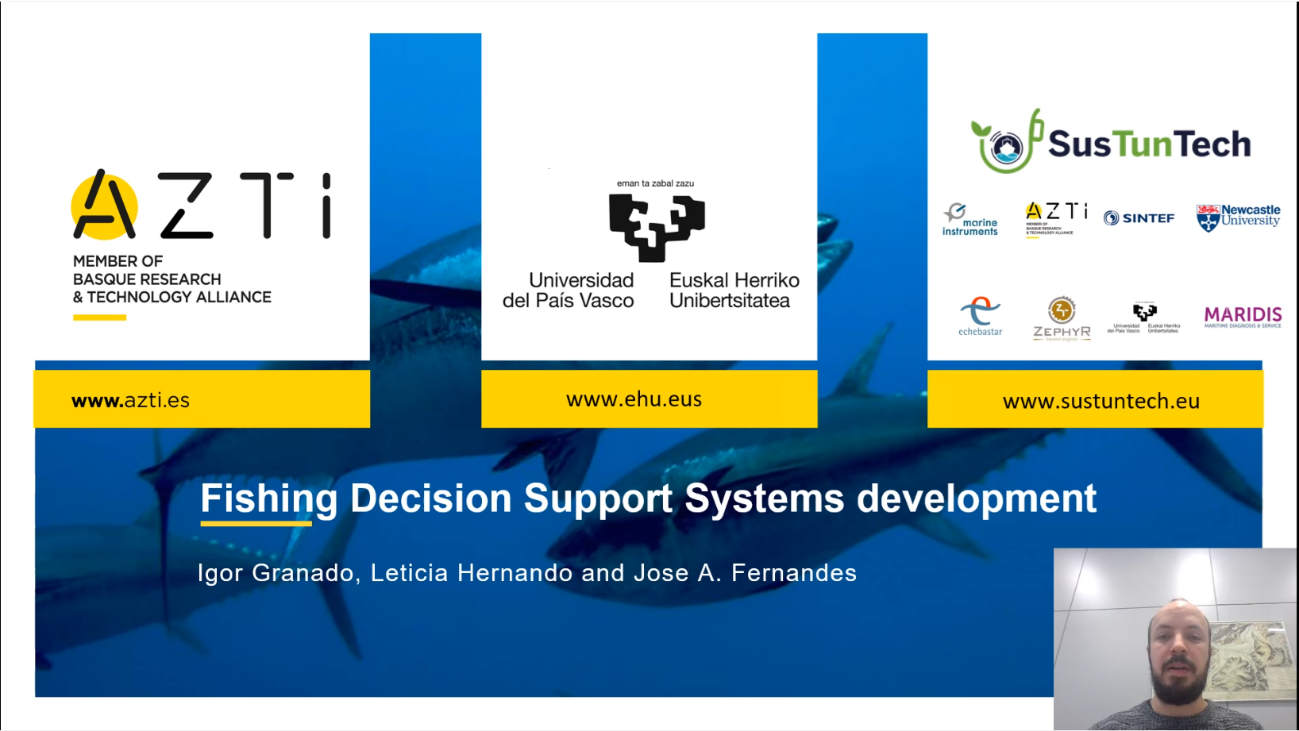
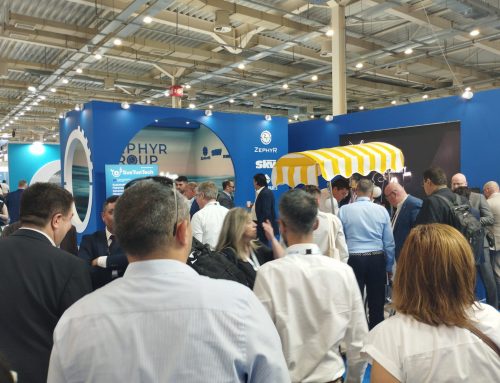
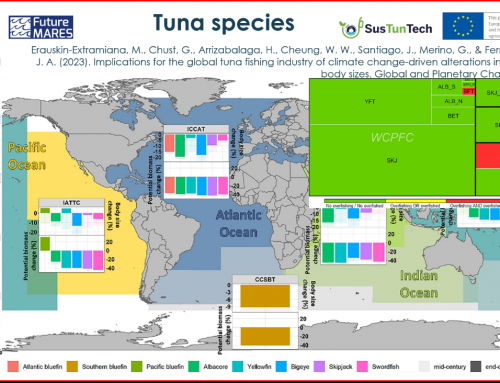
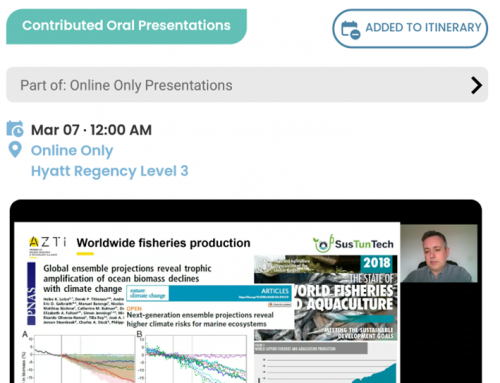
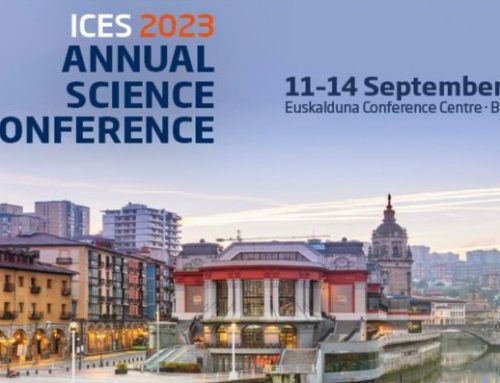
Leave A Comment